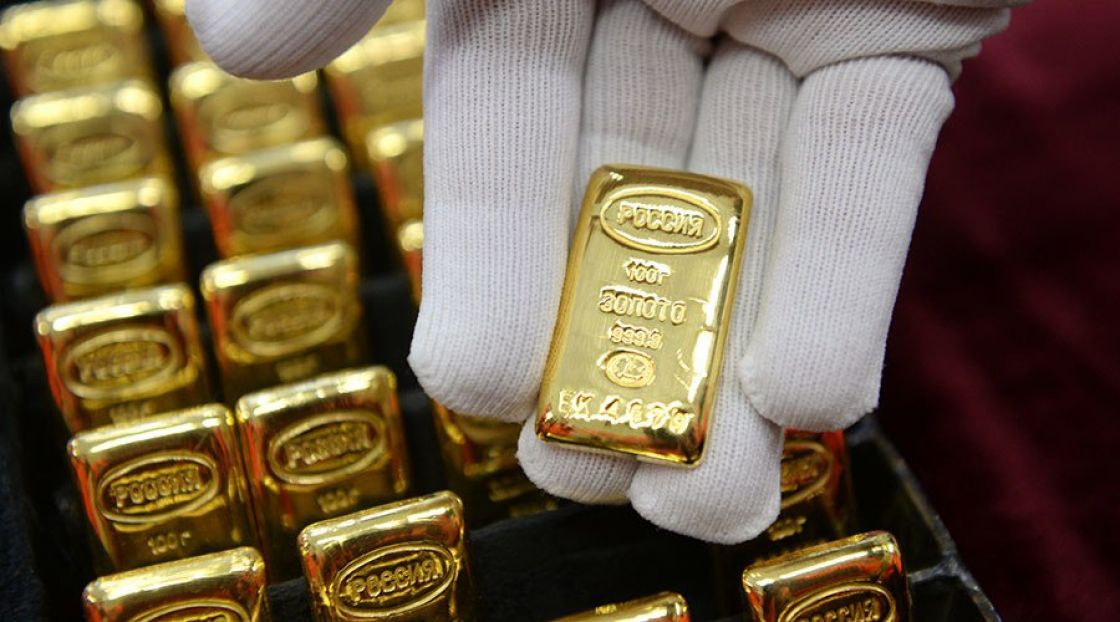- Editorials
- Posted
Kassioun Editorial 1063: Signs of a New Era
The last Kassioun editorial was titled: “The End of the Petrodollar Era?”, and the subsequent events quickly confirmed what was written therein. Specifically, last Wednesday, Russia
announced that it would sell its gas exclusively in rubles to “unfriendly countries”, and not in dollars or euros.
Additionally, last week, India announced a deal to buy oil from Russia in the Indian currency, and in the Chinese yuan scale for settlement. We also started hearing from major countries in terms of oil production, including Saudi Arabia, that they are looking to move towards pricing their oil that is sold to China in the Chinese yuan.
As is known, any currency in the world gets its “value” not from itself, but from what it represents in terms of goods and wealth, and as a general equivalent (among goods), a tool for payment (in exchange for goods), and a tool for piling reserves (that is, to save and pile reserves in terms of wealth = goods). In a word, the currency is not the value in and of itself, but rather a representation thereof. Therefore, trade exchanges among countries before WWII, were based on gold, and silver before that, as a standard and measure (as no one could sell real goods for mere papers and deeds unless they are guaranteed to represent real goods and real wealth).
Starting with the adoption of the Bretton Woods Agreement in 1944, as one of the outcomes of WWII, the standard of global exchanges remained primarily gold, but the dollar was added thereto as a global currency, but on the condition that the dollar covers itself with gold (that is, the owners of the dollar have no right to print it except as much gold as they have in reserves).
From that moment forward, the masters of the dollar began to manipulate this rule, first in secret, and then, openly starting in the 1970s. In order to force the world to continue using the dollar, they did two main things: they deployed more than 800 military bases around the world; and imposed pricing oil in dollars, which resulted in the appearance of what is known as petrodollars.
It is known that oil is the commodity that leads the entire raw materials market in the world, and the pricing of oil in dollars implied the pricing of all raw materials in dollars, and the bulk of global trade in dollars. This way the US dollar became an expression of great wealth that does not belong to its exporters nor to the American economy, but rather international wealth, a significant portion of which is being robbed by pricing it in dollars.
In essence, the petrodollar is a historical “patching” process of Bretton Woods itself, leading to extending its life. What we are experiencing today of the beginning of the end of the petrodollar (through pricing petroleum and gas in ruble or the Chinese yuan or Indians rubies or other currencies), is in essence the beginning of the end of Bretton Woods itself. What does that mean?
Bretton Woods allowed producing a global price system on the basis of what has come to be called "economic colonialism", or what specialists call "unequal exchange", based on which countries and peoples producing raw materials and basic wealths in the world are brutally and criminally plundered, as they sell their wealths at a lower price than their value, and import material manufactured abroad at a higher price than their value, thus losing both ways, while the West gets rich both ways too.
Using the ruble to pay for gas is only the beginning, and not an end in itself. If Europe refuses to pay for gas in rubles, then it should pay in gold, which would be better, as it would induce the necessary transition to a parallel global currency - and then its alternative, which would be again based on gold. This, we should not be surprised that the most important thing that brings together the five BRICS countries is that they are the most important countries in the world in producing and storing gold.
The end of the petrodollar era is implicitly the beginning of the end of unequal exchange. With the end of the possibilities of the horizontal expansion of capitalism, and with the actual rate of profit globally reaching zero, it is the beginning of the end of the imperialist plundering method as a whole. This in itself means opening the horizon to a new era for all of humanity, and implicitly to radical changes, of which Syria (because of the importance and specialty as attested by all the major changes throughout history) will necessarily be one of the important headlines.


